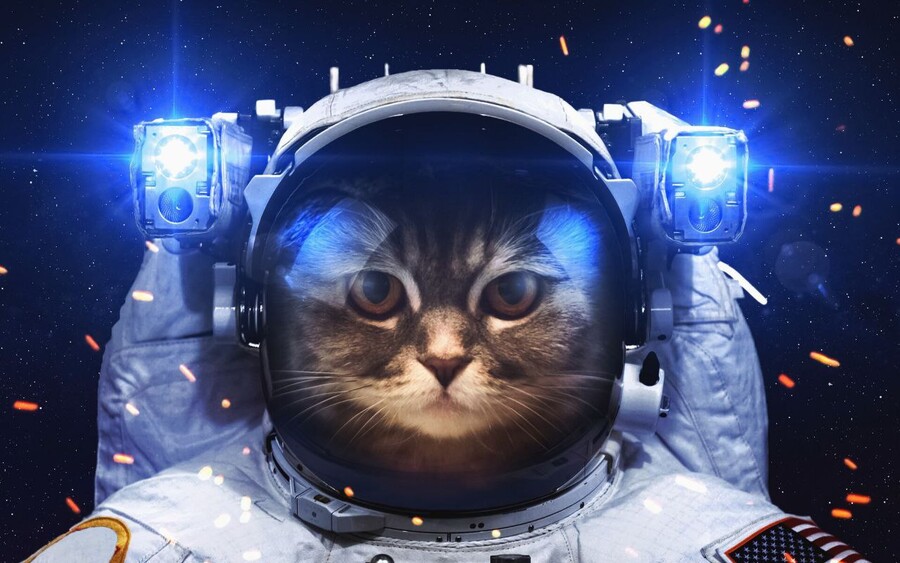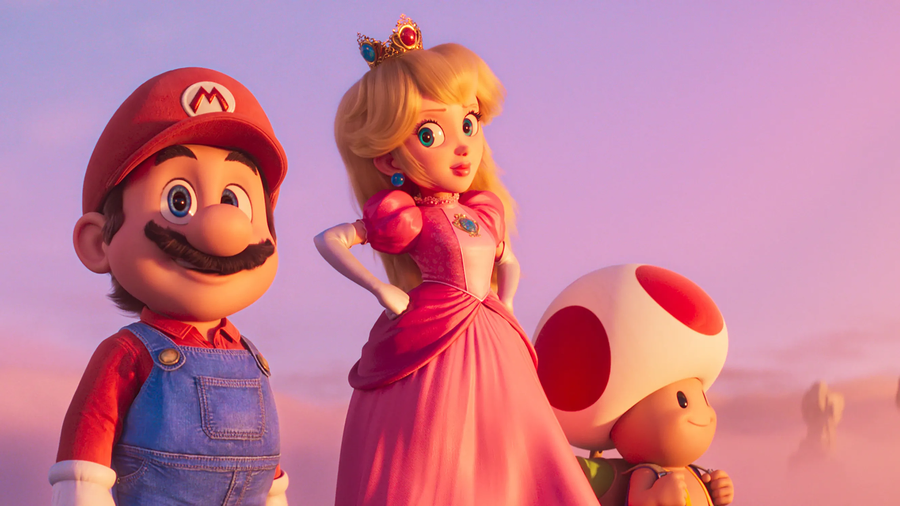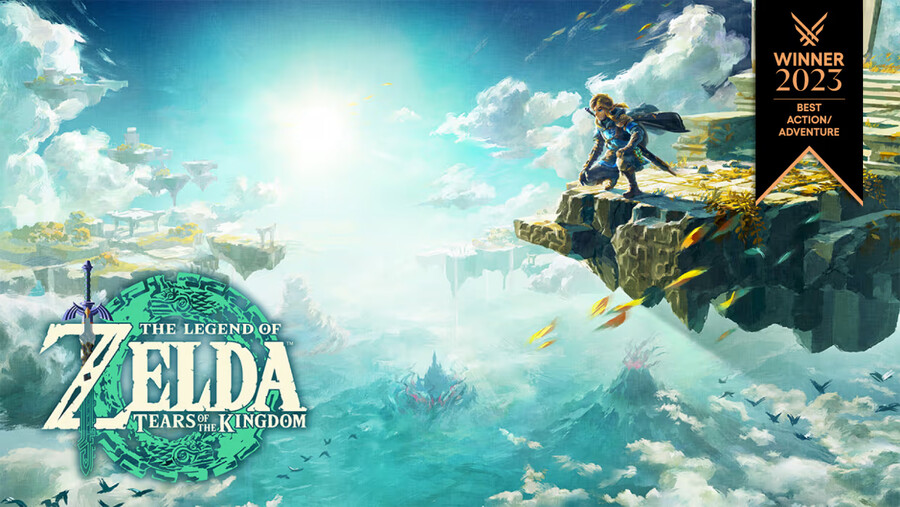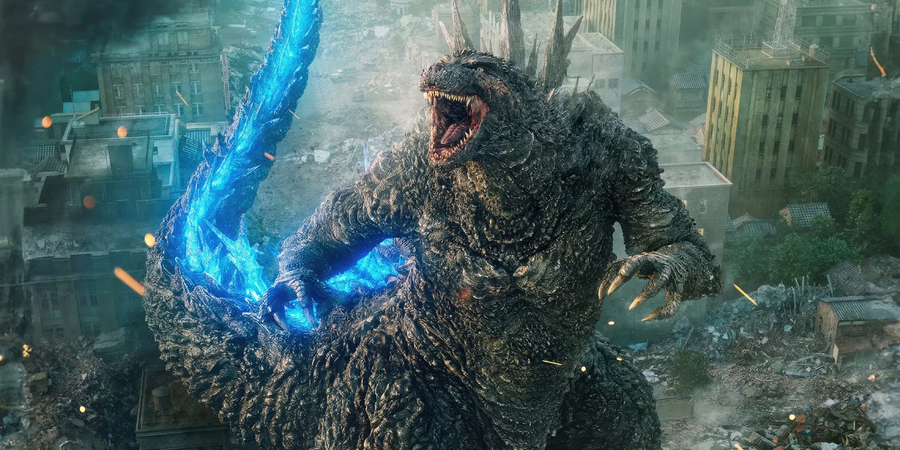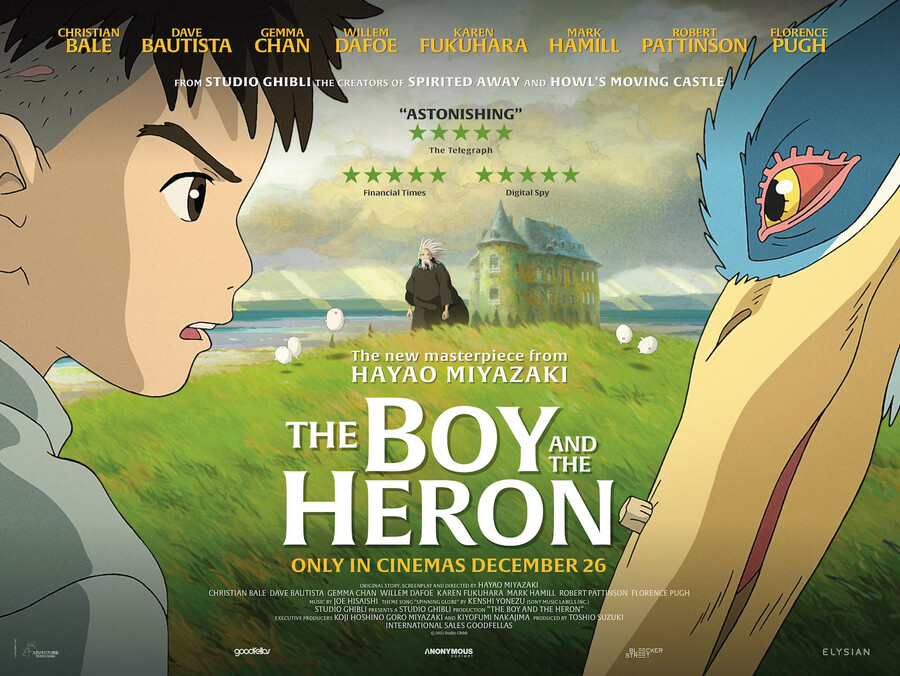블룸버그 칼럼 요약 (ChatGPT)
2023년은 일본이 글로벌 영향력과 문화 수출을 크게 증대시킨 한 해였으며, 일본 크리에이터, 엔터테인먼트 콘텐츠, 유명 인사들에게 있어 기념비적인 해라고 할 수 있습니다. 일본의 소프트 파워 증진을 뒷받침하는 몇 가지 주요한 하이라이트는 다음과 같습니다.
1) 엔터테인먼트 산업:
① 닌텐도의 성공: 슈퍼 마리오 브라더스 영화와 젤다의 전설: 왕국의 눈물은 닌텐도의 지적 재산을 전 세계적으로 확장하는 탁월함을 보여주며 큰 히트를 쳤습니다.
② 도호의 고질라 마이너스 원: 도호 영화회사의 고질라 영화는 해외에서 놀라운 성공을 거두며 미국에서 가장 높은 수익을 올린 실사 일본 영화가 되었습니다.
③ 미야자키 하야오 감독의 영화: 전설적인 애니메이션 작가 미야자키의 영화 '그대들은 어떻게 살 것인가'는 미국 박스오피스 1위를 차지하며 그의 작품이 여전히 큰 사랑을 받고 있음을 보여주었습니다.
④ 애니메이션과 만화 실사화: 넷플릭스는 실사판 원피스의 성공에 힘입어 다른 인기 만화 시리즈의 실사화를 계획하면서 일본 콘텐츠에 대한 수요 증가를 활용했습니다.
2) 문화적 영향:
① 관객 선호도 변화: 만화, 애니메이션, 영화 등 일본 콘텐츠는 전 세계적으로 상당한 인기를 얻으면서 전통적인 할리우드 작품에서 벗어나는 글로벌 관객 선호도 변화를 보여주었습니다.
②스트리밍 플랫폼과 만화 판매: 넷플릭스와 같은 플랫폼은 일본 만화 실사화를 적극적으로 수용했으며, 만화 판매는 미국 매장에서 마블과 DC와 같은 주요 미국 만화 출판사 판매량을 앞질렀습니다.
③ Z세대에 대한 영향력 증대: 일본 애니메이션의 영향력은 Z세대 같은 젊은 세대들에게 점점 더 명확해지면서 애니메이션 시장 확장에 기여했습니다.
3) 다른 문화 및 스포츠 업적:
음악 산업과 스포츠: 일본 음악 산업은 어려움을 겪었지만, 스포츠 특히 야구 부문은 월드 베이스볼 클래식 우승과 오타니 쇼헤이의 로스앤젤레스 다저스와의 기록적인 계약 등 괄목할만한 성과를 거두었습니다.
4) 결론
일본은 음악 산업의 어려움과 일부 뒷심에도 불구하고, 2023년 엔터테인먼트와 스포츠 분야를 앞세워 글로벌 소프트 파워와 문화적 영향력을 눈부시게 확장했습니다.
=============================================================================
(Bloomberg) Godzilla, Miyazaki, Shohei & Zelda: Japanese Soft Power’s Big Year
https://www.bloomberg.com/opinion/articles/2023-12-26/godzilla-miyazaki-shohei-zelda-japanese-soft-power-s-big-year
2023 was a banner year for Japanese creators, properties and popular figures.
2023년 12월 27일 오전 6:00 GMT+9
Gearoid Reidy is a Bloomberg Opinion columnist covering Japan and the Koreas. He previously led the breaking news team in North Asia, and was the Tokyo deputy bureau chief.
In a year in which Walt Disney Co. struggled with expensive flops and audiences finally fell out of love with superhero movies, Japan scored a best-ever series of soft-power hits.
Little by little, the country is getting better at pitching its copious wares overseas, and 2023 proved that. From Super Mario’s domination at the theater to Netflix Inc.’s adaptation of best-selling manga One Piece, it was a year when audiences demonstrated their increasing fondness for the soft-power superpower.
With The Super Mario Bros. Movie, Nintendo Co.’s tie-up with Minions creator Illumination Entertainment Inc., the Kyoto-based video game maker scored the second-highest grossing movie of the year worldwide, beaten only by Warner Bros. Discovery Inc.’s Barbie. Nintendo is the prime example of a Japanese company with a world-class library of intellectual properties that it has, until now, been content not to exploit. That’s starting to change: The Mario film ties in to Donkey Kong, the ape who’ll be at the center of the expanded area opening in Osaka’s Universal Studios Japan theme park early next year.
Nintendo also scored a hit with its Legend of Zelda: Tears of the Kingdom video game on Switch, which has sold 20 million copies. Zelda will also be the next of Nintendo’s properties to get the silver-screen treatment, with the company’s shares soaring after announcing a live-action adaptation. With Illumination, Nintendo’s choice of partner for Mario was inspired. It remains to be seen whether director Wes Ball, who’s helming 2024’s Kingdom of the Planet of the Apes, will prove as on-point a choice.
Nintendo is far from the only Japanese firm getting more bang for their bucks overseas, however. With Godzilla Minus One, Toho Co. hasn’t only had the most success ever with one of its Godzilla films overseas — it’s produced the highest-grossing live-action Japanese movie at the US box office ever, as well as one of the year’s most critically acclaimed blockbusters.
Elsewhere, legendary animator Hayao Miyazaki’s magnum opus The Boy and the Heron was the first of his films to open at top of the US box office. The movie, along with Mario and Makoto Shinkai’s Suzume, has been nominated for best animated feature at the Golden Globes — meaning the Japanese properties make up fully half of the nominations.
This time last year, I wrote about how Japan is falling out of love with Hollywood, a trend that was only accelerated in 2023. Much of the rest of the world often seems to be following suit. Suzume was a smash hit in South Korea, the highest-grossing foreign movie of the year. Its success in Asia was overshadowed by another property perhaps less familiar to English-language readers: The First Slam Dunk, based on the 1990s basketball manga. Much of its box office of $280 million was earned overseas, with the movie particularly popular with Chinese audiences. Its success is perhaps the most illustrative example yet of how Japan is getting better at exploiting its massive library of intellectual property and generating revenue overseas.
On the small screen too, Netflix finally broke its streak of live-action animation duds with One Piece, the most-watched show worldwide upon its release. While I wasn’t a fan, I’m hardly the target audience: The series has been so successful that Netflix is doubling down, not only greenlighting a second season, but commissioning a brand-new animated adaptation of the comic by WIT Studios.
Adaptations of Japanese comic books are a core part of the streaming giant’s strategy, with One Piece joined by the recently released Yu Yu Hakusho (유유백서). Next up, the streaming platform is planning an adaptation of superhero manga My Hero Academia, helmed by the director of Alice in Borderland, itself an unusual Japanese-language live-action success exclusive to the platform.
Sales of Japanese comics have long since passed those of Marvel or DC in US stores. But from the success of Sony Group Corp.’s dedicated streaming site Crunchyroll, to the sight of rapper Megan Thee Stallion’s viral cosplay (a word that itself is Japanese) of Jujutsu Kaisen (주술회전) characters, the influence of Japanese animation on Gen Z is increasingly evident — and in a world where streamers are hungry for more, the country’s content farms are stepping up. The anime market has more than doubled in size in the 10 years to 2021 to 2.74 trillion yen ($20 billion), driven by a fourfold increase from outside Japan.
For a nation that is often said to be staid and unable to innovate, I often contrast the constant string of new franchises that manga and animation churn out against the endless recycling of US comics’ same handful of big hits. The most anticipated comic projects in Hollywood are James Gunn’s Superman: Legacy (the fourth iteration of the Man of Steel on the silver screen), and yet another adaptation of X-Men that will integrate the mutants into Marvel’s cinematic universe. Is it little wonder that audiences are tiring and turning to something new?
It was a more mixed year for Japan’s music industry, which has struggled for decades to sell itself overseas — and has been long since left in the dust by K-pop’s far more savvy management. In one bright spot, Yoasobi became the first Japanese act to score a No. 1 on the Billboard Global ex-US chart. But the year will be blighted by the downfall of J-pop agency Johnny & Associates Inc., after revelations of sexual abuse committed by deceased founder Johnny Kitagawa came to light after an investigation by the BBC.
Finally, one other notable soft-power success for Japan this year has been in the world of sports, particularly baseball: It defeated the US in the World Baseball Classic, while Shohei Ohtani became the world’s highest-paid athlete with his deferred $700 million contract with the Los Angeles Dodgers. And soon he’ll be joined by the hottest property playing in Japan, star pitcher Yoshinobu Yamamoto.
Millions will be watching their endeavors back home in Japan. Similarly, the internet, smartphones and translation tools continue to make accessible all kinds of content that would have been considered incredibly niche even a decade ago. Audience tastes are changing, and 2023 showed they’re skewing further east.


